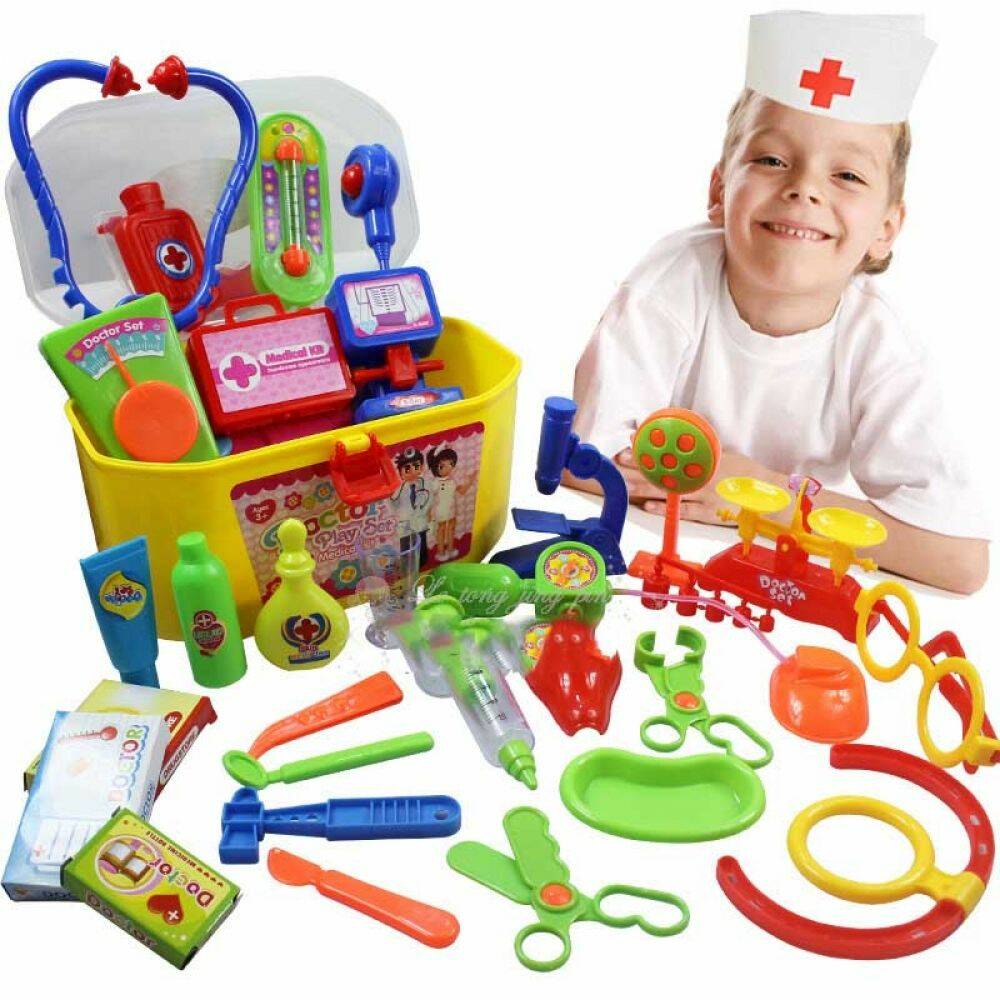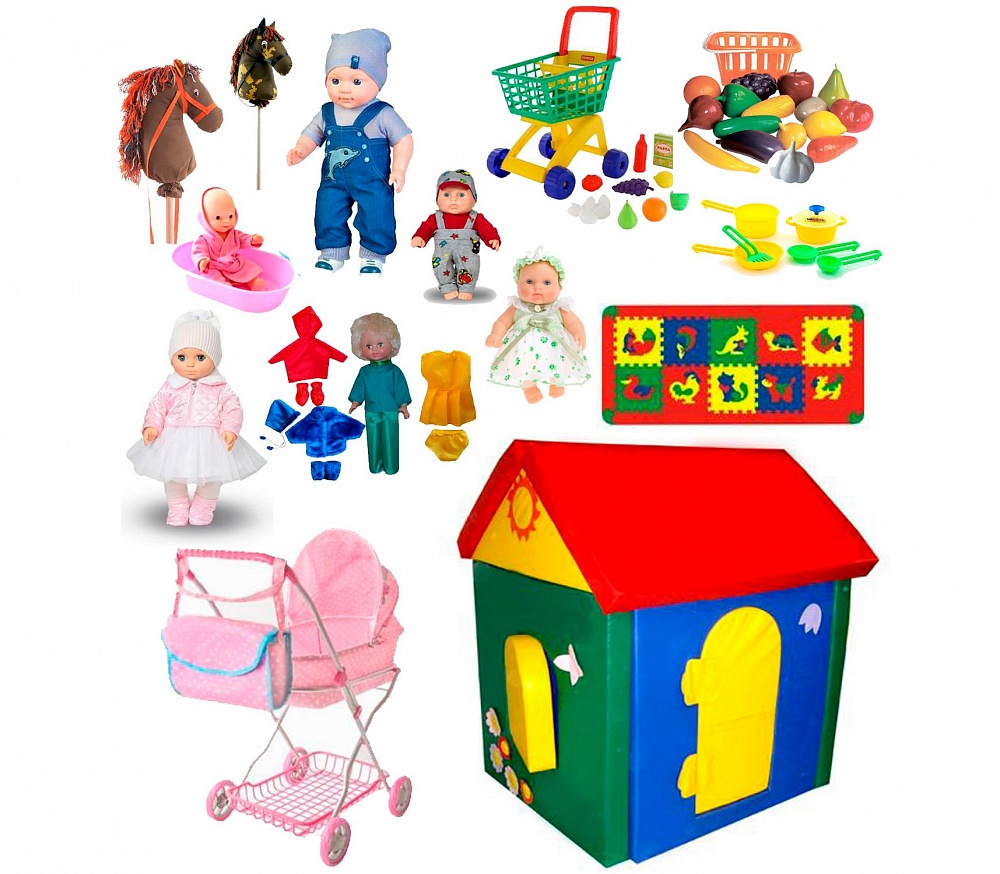
Contents
Story games can be useful in several ways, including:
- Enhancing literacy skills: Story games often require players to read and comprehend complex narratives, which can help to improve their reading comprehension, vocabulary, and writing skills.
- Developing problem-solving and critical thinking skills: Many story games require players to make decisions based on the narrative, which can help to improve their problem-solving and critical thinking skills.
- Encouraging creativity: Story games often allow players to make choices that affect the outcome of the story, which can encourage creativity and imagination.
- Providing entertainment: Story games can provide hours of entertainment and enjoyment, which can help to reduce stress and improve overall well-being.
- Increasing socialization: Many story games can be played with others, either locally or online, which can help to increase socialization and develop teamwork and communication skills.
Overall, story games can provide a fun and engaging way to learn new skills, improve existing ones, and enjoy immersive storytelling experiences.
What kind of plot-role-playing games to arrange at home and how to play them with a child
There are many different plot-role-playing games that you can arrange at home to play with your child. Here are a few ideas:
- Superhero Adventures: Create a superhero character with your child and invent a story together about their superhero saving the day. You can use props like capes, masks, and action figures to bring the story to life.
- Restaurant Role-Playing: Set up a pretend restaurant in your home and take turns being the waiter or the customer. You can use play food and dishes to create a menu and serve meals.
- Detective Mystery: Invent a mystery for your child to solve by leaving clues around the house. They can search for clues and piece together the story to solve the mystery.
- Space Exploration: Pretend to be astronauts exploring outer space. Use blankets to create a “spaceship” and explore different planets and galaxies.
- Fairytale Role-Playing: Act out a favorite fairytale story, like Little Red Riding Hood or Cinderella. You can use dress-up clothes and props to make the story come alive.
To play these games with your child, it’s important to encourage their creativity and imagination. Let them take the lead and guide the story, while offering support and encouragement along the way. Ask open-ended questions to help them think about different aspects of the story, and offer positive feedback and praise for their ideas and contributions. Remember to keep the game fun and engaging, while also providing opportunities for learning and growth.
Types of story-role-playing games
There are several types of story-role-playing games (RPGs), including:
- Tabletop RPGs: These games are played with a group of people around a table and often involve dice rolling and character creation. Examples include Dungeons & Dragons, Pathfinder, and Call of Cthulhu.
- Live-action RPGs (LARPs): These games involve players physically acting out their characters’ actions and interactions in a real-world setting. Examples include Vampire: The Masquerade, Mind’s Eye Theatre, and Amtgard.
- Computer RPGs (CRPGs): These games are played on a computer or video game console and often involve complex storytelling and character development. Examples include The Elder Scrolls series, Fallout, and Mass Effect.
- Mobile RPGs: These games are played on mobile devices https://www.buydo.eu and often involve simple mechanics and quick gameplay. Examples include Final Fantasy Brave Exvius, Dragon Quest, and Chrono Trigger.
- Choose-your-own-adventure games: These games allow players to make choices that affect the outcome of the story. Examples include Life is Strange, Telltale Games series, and Heavy Rain.
Each type of story-RPG offers a different experience and level of immersion, allowing players to choose the type that best suits their interests and preferences.
Features of plot-role-playing games for preschoolers
Role-playing games for preschoolers are designed to be simple, fun, and engaging while helping children develop important social, emotional, and cognitive skills. Some features of plot-role-playing games for preschoolers include:
- Simple narratives: The plot of the game should be easy for preschoolers to understand and follow. It can be based on familiar stories or everyday situations, such as going to the store or playing with friends.
- Age-appropriate themes: The game should include themes that are appropriate for preschoolers, such as sharing, taking turns, and friendship. The game can also introduce new concepts that preschoolers are ready to learn, such as emotions, problem-solving, and empathy.
- Play-based learning: The game should involve hands-on, experiential learning, where preschoolers can explore and experiment with different roles and scenarios. The game can encourage imaginative play, creativity, and curiosity.
- Simple rules and mechanics: The game should have simple rules and mechanics that are easy for preschoolers to understand and follow. The game can involve simple actions, such as rolling a die or drawing a card, to keep the game moving and engaging.
- Social interaction: The game should encourage social interaction and cooperation between preschoolers. The game can involve taking turns, sharing resources, and working together towards a common goal.
Overall, plot-role-playing games for preschoolers should be designed to promote fun and engaging learning experiences that help children develop important social, emotional, and cognitive skills.
Exciting play sets for girls
There are many fascinating story-role-playing games that girls may enjoy, including:
- Stardew Valley: This computer RPG allows players to build and maintain a farm, while also exploring a charming village, developing relationships with other characters, and discovering the secrets of the valley.
- Life is Strange: This choose-your-own-adventure game follows the story of Max, a high school student who discovers she has the power to rewind time. The game explores themes of friendship, loss, and the consequences of our actions.
- Beyond Eyes: This computer game follows the story of a young girl named Rae, who is blind and must navigate the world using her other senses. The game explores themes of empathy, perception, and overcoming obstacles.
- Monster Prom: This multiplayer game allows players to play as high school students trying to find a prom date, while navigating the complex social dynamics of a monster-filled school. The game is humorous, quirky, and full of unexpected surprises.
- Gloomhaven: This tabletop RPG allows players to create characters and embark on adventures in a world of fantasy and magic. The game is designed for cooperative play, with players working together to complete quests and overcome challenges.
These are just a few examples of the many fascinating story-role-playing games that girls may enjoy. It’s important to encourage girls to explore their interests and try out different types of games, as they may discover new passions and develop important skills through gaming.

Which games to choose for boys
There are many exciting story-role-playing games that boys may enjoy, including:
- Minecraft: This computer game allows players to explore and create their own worlds, using a variety of tools and materials. The game encourages creativity, problem-solving, and exploration.
- Dungeons & Dragons: This tabletop RPG allows players to create their own characters and embark on adventures in a world of fantasy and magic. The game encourages creativity, teamwork, and critical thinking.
- The Legend of Zelda: Breath of the Wild: This computer game follows the story of Link, a hero on a quest to save the kingdom of Hyrule from a dark force. The game is full of puzzles, exploration, and adventure, and encourages players to think creatively and strategically.
- Pokémon: This video game series allows players to collect, train, and battle a variety of creatures known as Pokémon. The game encourages strategy, exploration, and social interaction, as players can trade and battle with each other.
- Star Wars: Edge of the Empire: This tabletop RPG allows players to create characters and embark on adventures in the Star Wars universe. The game encourages teamwork, strategy, and imagination, and allows players to explore the rich world of Star Wars.
These are just a few examples of the many exciting story-role-playing games that boys may enjoy. It’s important to encourage boys to explore their interests and try out different types of games, as they may discover new passions and develop important skills through gaming.
Educational Role Play Toy Set
An educational role play toy set is a collection of toys designed to help children learn and develop important skills through imaginative play. These sets often include toys that mimic real-life scenarios, such as a doctor’s kit, a kitchen set, or a construction set, and allow children to pretend they are doctors, chefs, or builders. Here are some of the benefits of using an educational role play toy set:
- Develops imagination and creativity: Educational role play toys encourage children to use their imaginations and create their own stories and scenarios, which can help to develop their creativity and problem-solving skills.
- Enhances social skills: Playing with educational role play toys can help children to develop important social skills like cooperation, communication, and empathy as they interact with other children and adults.
- Improves language and literacy skills: Educational role play toys often involve storytelling and reading, which can help children to improve their language and literacy skills.
- Promotes cognitive development: Educational role play toys can help to develop cognitive skills like memory, attention, and problem-solving as children engage in imaginative play.
- Encourages learning: By making learning fun and engaging, educational role play toys can help children to develop a love of learning and develop important knowledge and skills related to different subjects.
Examples of educational role play toy sets include doctor’s kits, kitchen sets, construction sets, and science experiment kits. These sets can be used both at home and in the classroom to provide children with engaging and educational play experiences that promote learning and development.
Pros and cons of role-playing games for children
Story-role-playing games can have both pros and cons for children, depending on how they are played and the child’s individual needs and preferences. Here are some of the most commonly cited pros and cons:
Pros:
- Encourages creativity and imagination: Story-role-playing games provide children with opportunities to use their imaginations and create their own stories and characters, which can help to develop their creativity and problem-solving skills.
- Develops social skills: Playing story-role-playing games with others can help children to develop important social skills like cooperation, communication, and empathy.
- Improves language and literacy skills: Story-role-playing games often involve storytelling and reading, which can help children to improve their language and literacy skills.
- Provides opportunities for learning: Story-role-playing games can be used to teach children about a wide range of subjects, from history and science to social issues and emotional intelligence.
- Encourages a love of learning: By making learning fun and engaging, story-role-playing games can help children to develop a love of learning that can last a lifetime.
Cons:
- Can be time-consuming: Story-role-playing games can require a lot of time and effort to set up and play, which may not be practical for busy families.
- May be overwhelming: Some children may find the complexity of story-role-playing games overwhelming, especially if they are not used to playing these types of games.
- May promote escapism: In some cases, story-role-playing games may encourage children to escape from reality instead of facing their problems head-on.
- May be expensive: Depending on the game, story-role-playing games can be expensive to purchase or require costly accessories.
- May lead to conflict: Story-role-playing games can sometimes lead to conflicts or disagreements among players, which can be difficult to resolve.
Overall, story-role-playing games can be a fun and engaging way for children to learn and develop important skills, but it’s important to be aware of the potential drawbacks and make sure that the game is appropriate for the child’s age, interests, and needs.